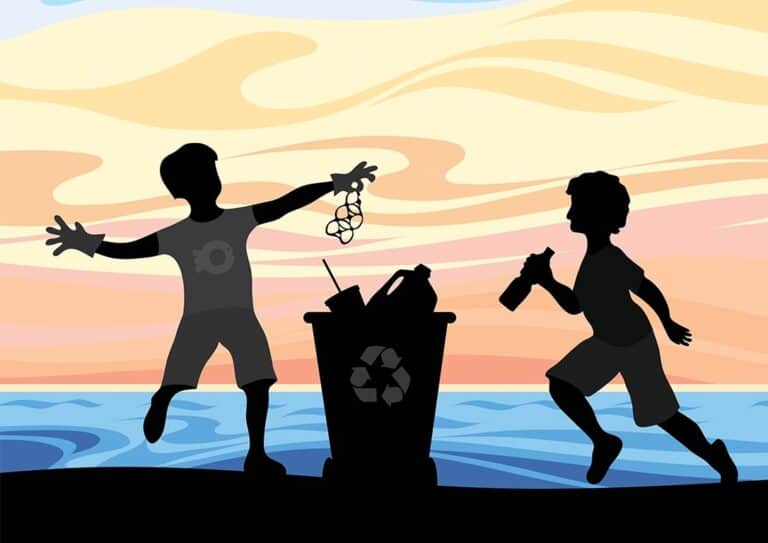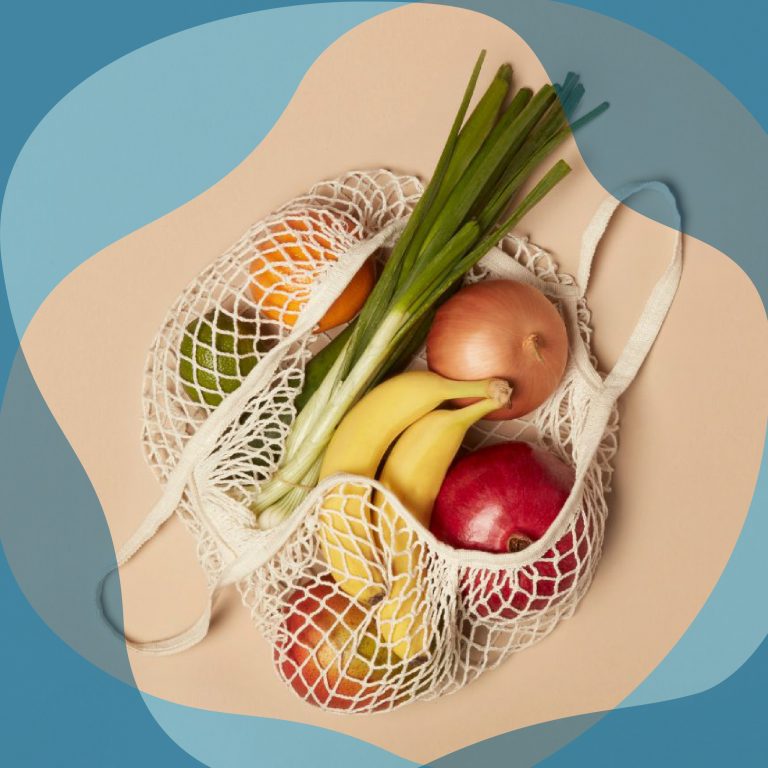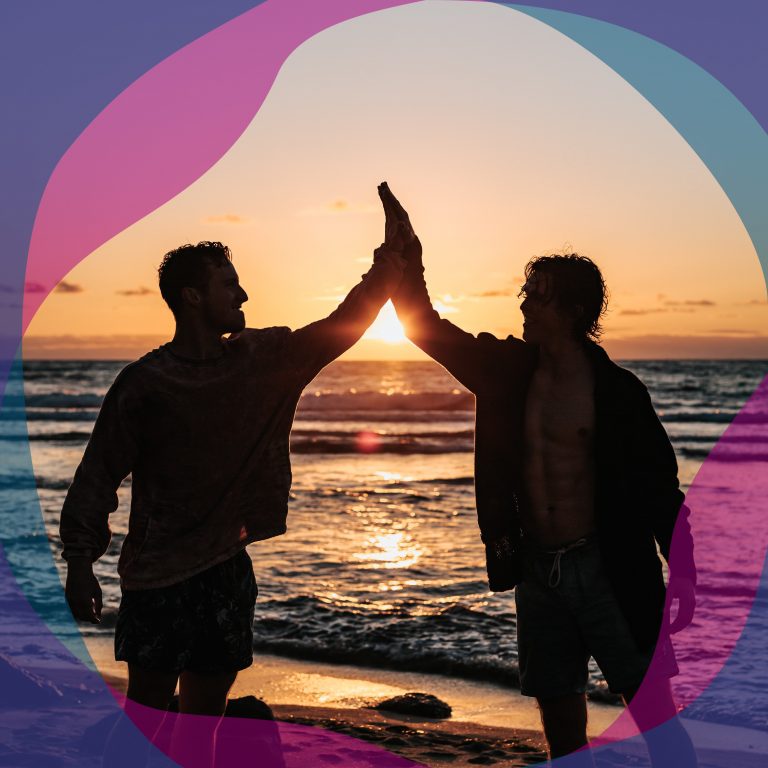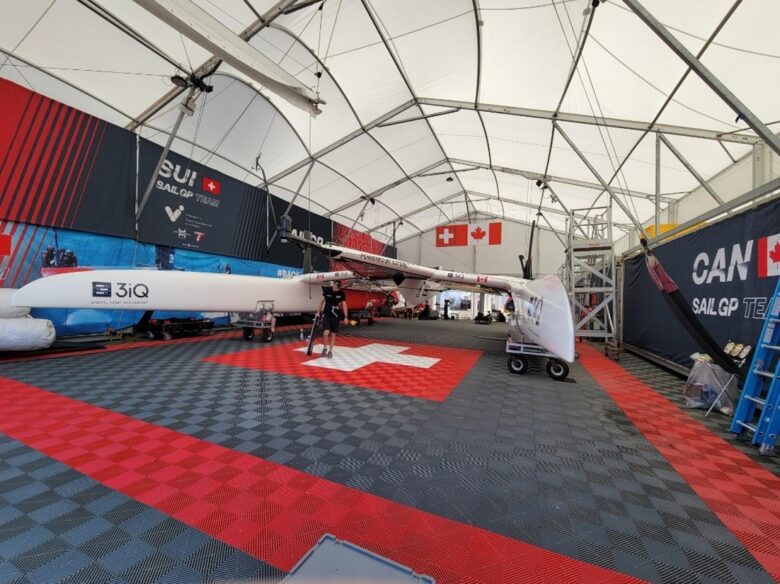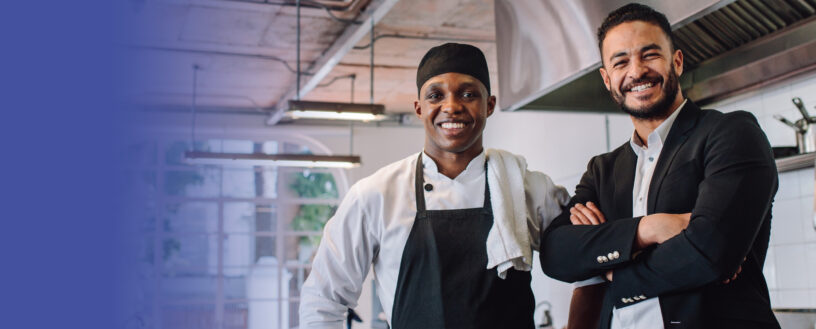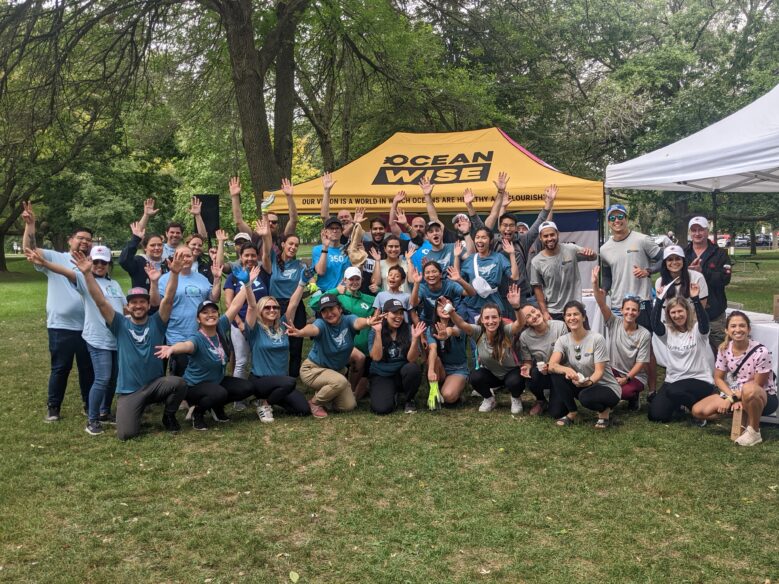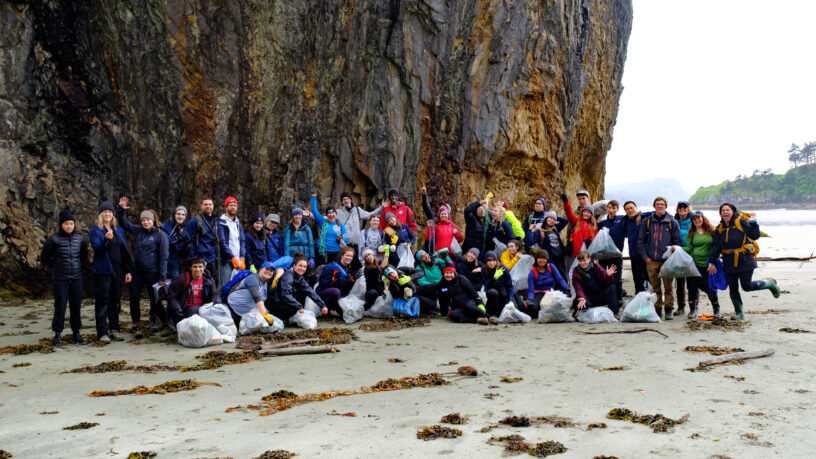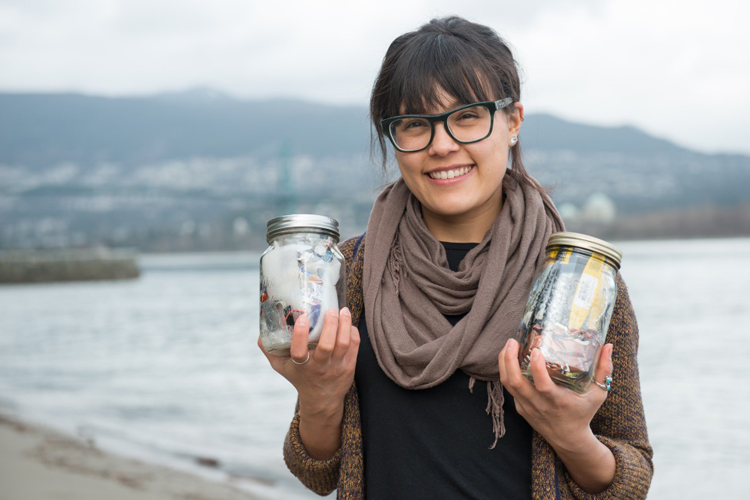
Going Plastic-Free for the Long Haul
My plastic-free challenge may have come to an end, but I won’t be giving up my reduced-waste lifestyle. After a year of exploring alternatives to every day, single-use plastic products and packaging, I still came away with some plastic waste. So, will I continue to try to reduce my plastic consumption? Absolutely!
This challenge not only helped me take a serious look at the single-use plastics I was using, but I was surprised to find I had also reduced my waste sent to landfill. By the end I was producing so little trash that my garbage bin became strictly for dust sweepings, emptied once a month.
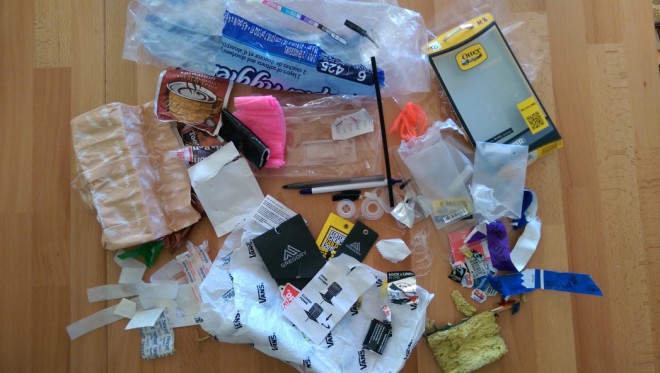
The single-use plastics that I did use through the year are a great reminder that change might be gradual, but is possible. I sifted through the six months’ worth of plastic I kept, to look for areas I need to work on, here is what I found:
- Straws, toothpicks with colourful plastic toppers, wristbands, plastic food wrappings from a last-minute potluck purchase, and other remnants of plastic from social outings.
- Stickers and tape – Fruit stickers, clothing stickers, shoe stickers. Sadly stickers cannot be recycled because of their glue backings, some stickers are also made of plastic instead of paper.
- Dental floss – I buy my floss in wax paper instead of a plastic casing, but the floss itself is a plastic based fibre. I have not yet found an alternative so dental hygiene prevails for now.
- Pens – This item did not cross my mind until one of my pens at home ran dry. Most pens are disposable plastic and cannot be refilled. I will be looking into refillable pens or fountain pens this year.
Everyday plastics continue to be the number one item found on shorelines, and can exist in our oceans and waterways for years beyond our lifetime, gradually breaking down into microplastics. Protecting our oceans and freshwater sources, which make up 95 per cent of Earth’s biosphere, might seem like a daunting task for each of us as individuals, but our everyday actions add up.
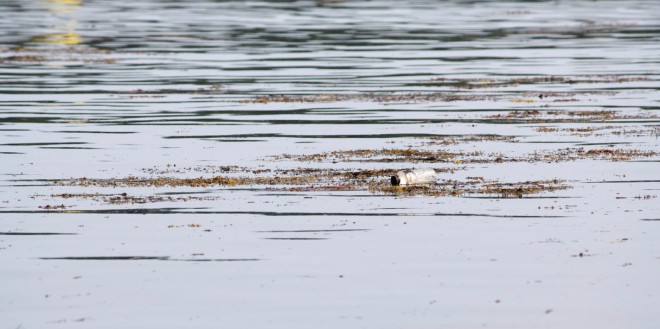
This challenge started off with a question: I am one person, how can I make difference? Over this year I have heard from and talked with many friends, family members, colleagues, and other Canadians who are curious about reducing their plastic use or are already making changes in their lives to live with less plastic. And there are so many other people around the world who are also making plastic-free waves, from New York, to Australia, to Victoria, B.C., to Spain, and California.
There are countless people to inspire me to continue, but my biggest source of inspiration will continue to be individuals who take action year after year to help keep their shorelines free of plastic litter through Great Canadian Shoreline Cleanups. Together we are 50,000 strong and growing. Reducing plastic use is a fantastic personal goal that can benefit our shorelines, and I look forward to continuing the journey.
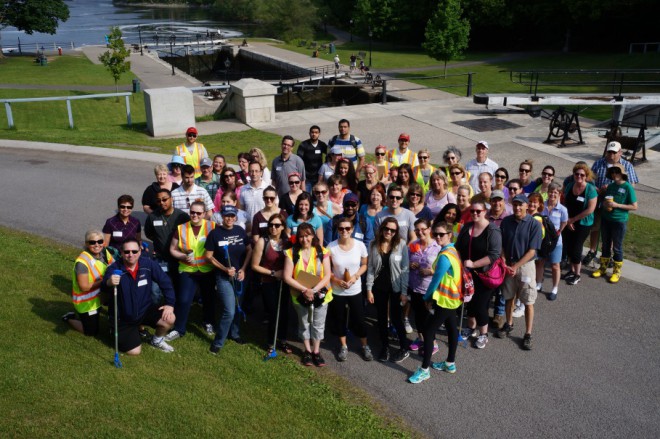
The Great Canadian Shoreline Cleanup, presented by Loblaw Companies Limited and supported by Ricoh Canada, is a joint conservation initiative of Vancouver Aquarium Marine Science Centre and WWF-Canada. Cleanups can be done any time of the year, with a group of any size, anywhere land meets water. Registration opens March 2016.
Blog post by Tanya Otero, volunteer engagement coordinator for the Great Canadian Shoreline Cleanup at the Vancouver Aquarium.
Posted February 2, 2016 by Public Relations

